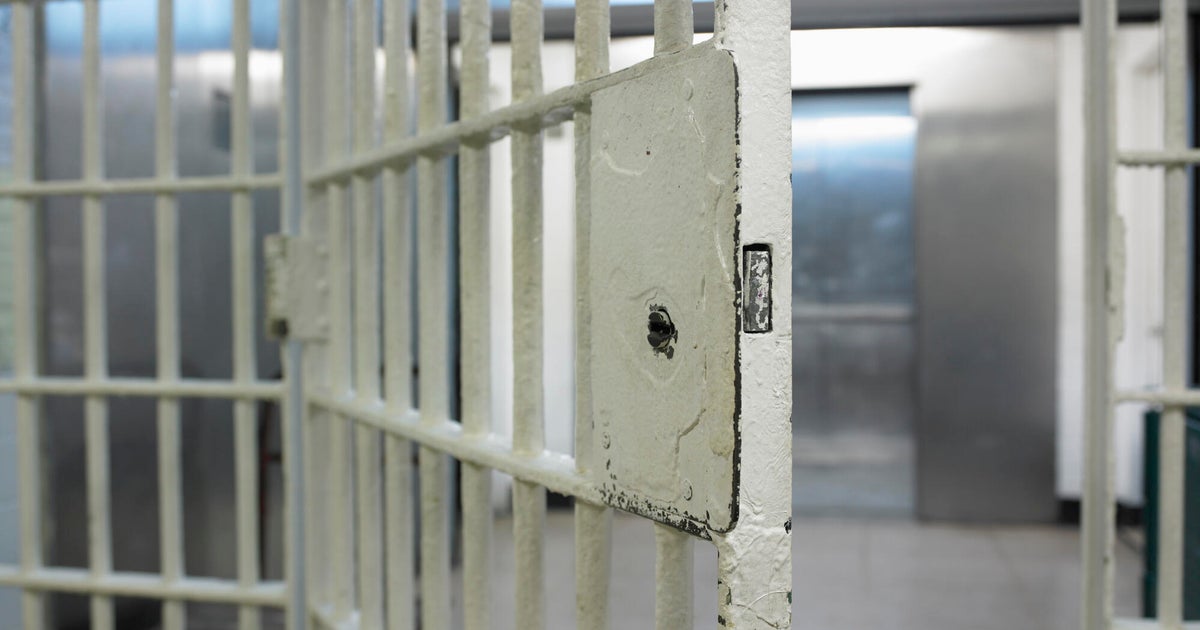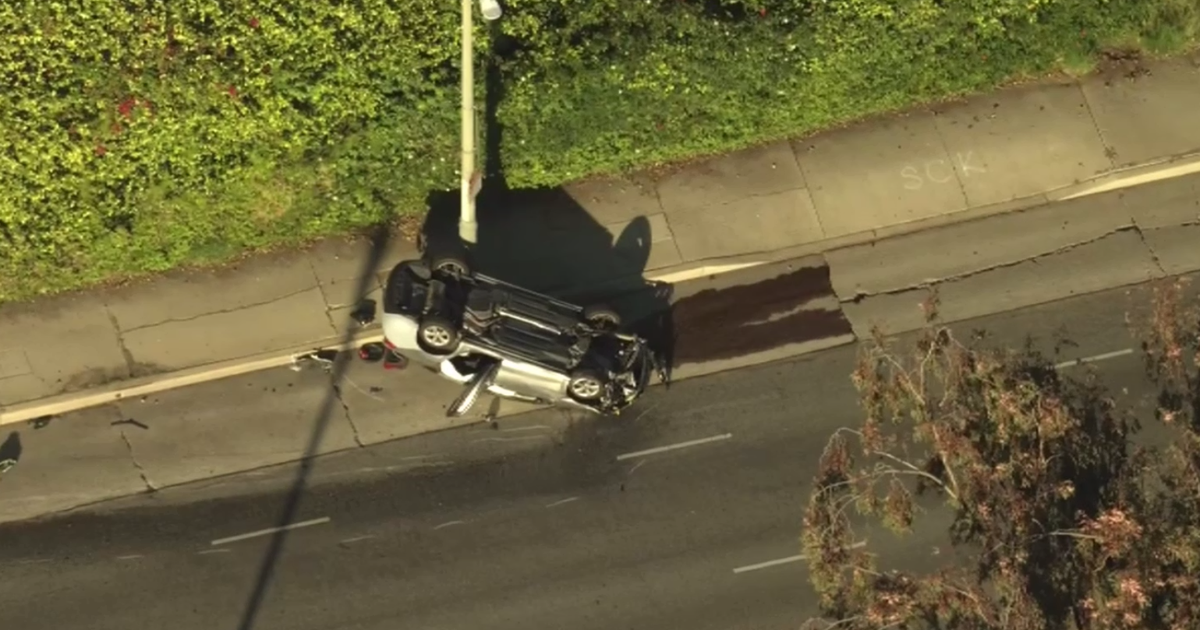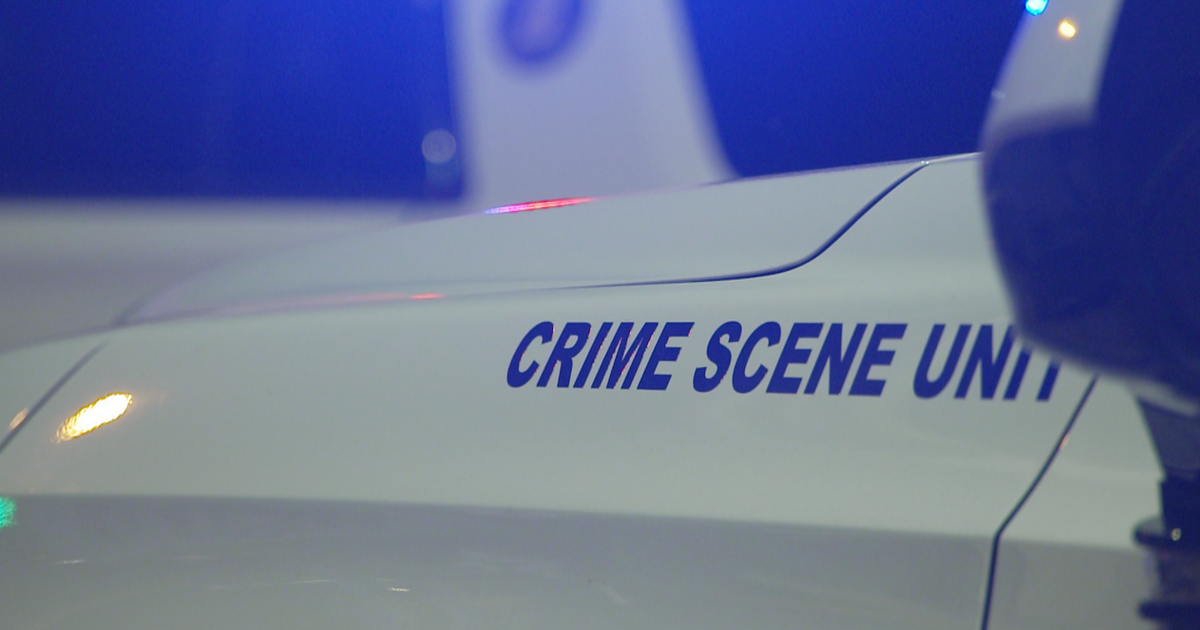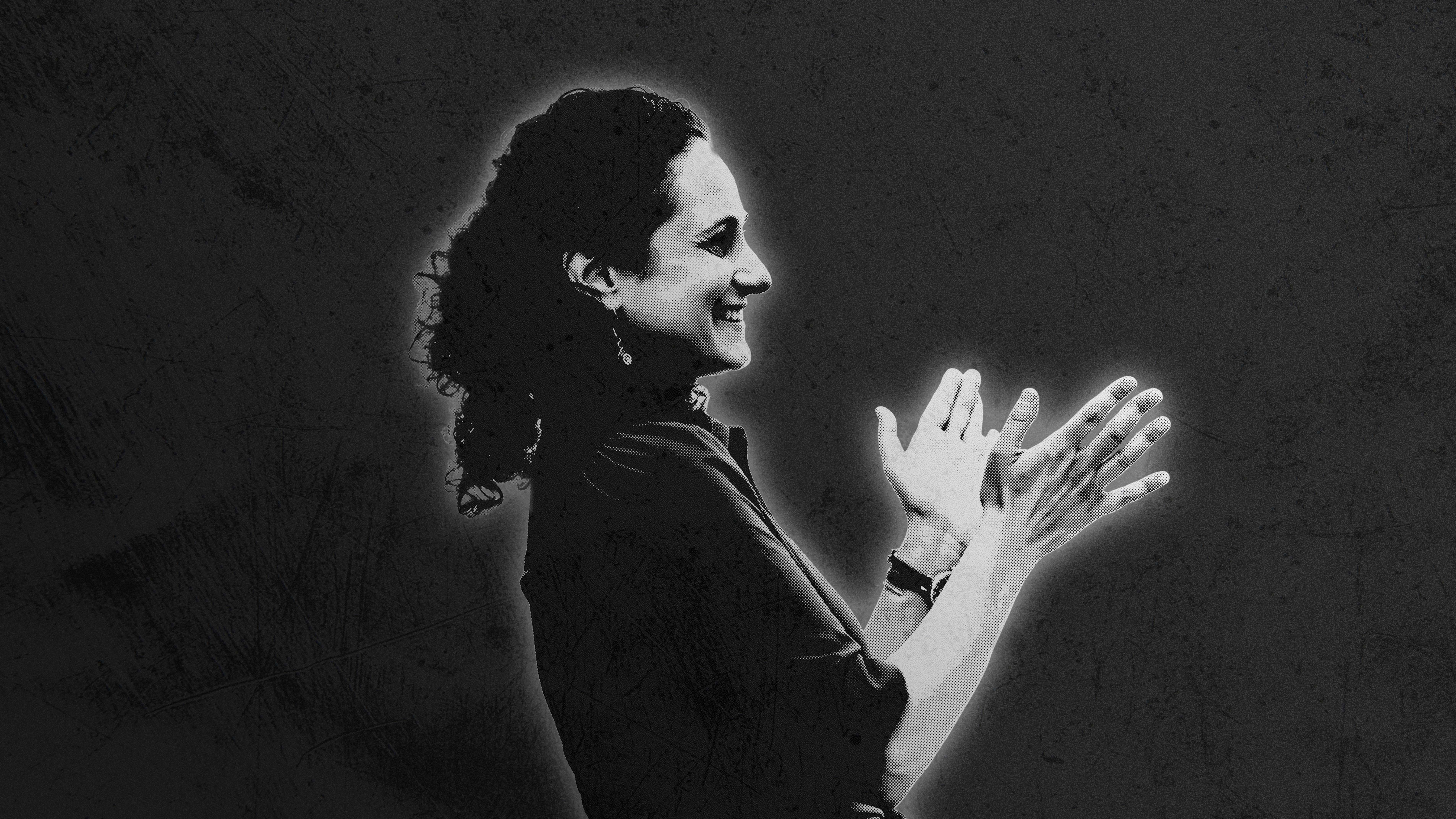Making facts fit the theory in N.Y. kayak murder case?
Jim Trainum is a former detective for the Washington, D.C. Metropolitan Police Department and a nationally-known expert on false confessions. "48 Hours" asked him to look at the interrogation of Angelika Graswald, a New York woman charged in the death of her fiancé Vincent Viafore, who died while on a kayaking trip.Trainum's opinions do not necessarily reflect those of "48 Hours" or CBS News.
CORNWALL-ON-HUDSON, N.Y. -- "It is capital mistake to theorize before one has data. Insensibly one begins to twist facts to suit theories, instead of theories to suit facts."
These words, spoken by the fictional detective Sherlock Holmes back in the late 1800s, aptly describe the first missteps taken by police during an investigation that ultimately leads to a wrongful conviction. These words also describe the reason behind why Angelika Graswald sits in jail, charged with murder.
WATCH: "48 Hours:" Death on the Hudson
On a cold and windy day in April, Angelika and her fiancé Vinnie made the very stupid mistake of going kayaking in conditions that would have deterred the most experienced kayaker. Vinnie capsized, going into water. Though reportedly a strong swimmer, he quickly succumbed to hypothermia, and drowned. That is the simplest explanation.
But there was a complication. Vinnie's family did not believe that Angelika acted "appropriately" in response her fiancé's death. Such suspicions often surface in death investigations. Someone doesn't cry enough, or they cry too much -- both responses that can attract attention to the grieving.
Of course the police should listen to, and investigate such suspicions. Angelika was questioned, and seems to have been candidly honest with the detectives. While much of the investigation has not been released to the public, footage of the 11-hour interrogation reveals that they chose to interpret her answers with the most sinister twist possible.
The detective interrogated Angelika, using tactics that are not designed to elicit information, but only to confirm what they have already determined to be "the truth." But their "truth" was based on rumors, hunches, and an obvious lack of understanding of kayaking.
For 11 hours, Angelika was in a small, windowless interrogation room as the investigators pushed their agenda, finally obtaining their goal. They had a confession that matched their theory; kind of, at least. It was "cherry-picked" out of hours of contradictions and denials. It appears to be more of a product of Angelika's exhaustion than anything else.
But the proof is in the pudding. There are ways to test the validity of Angelika's confession, and alternative explanations to explore. But are the detectives and prosecutor too locked into their theory to even consider that they may be wrong?





